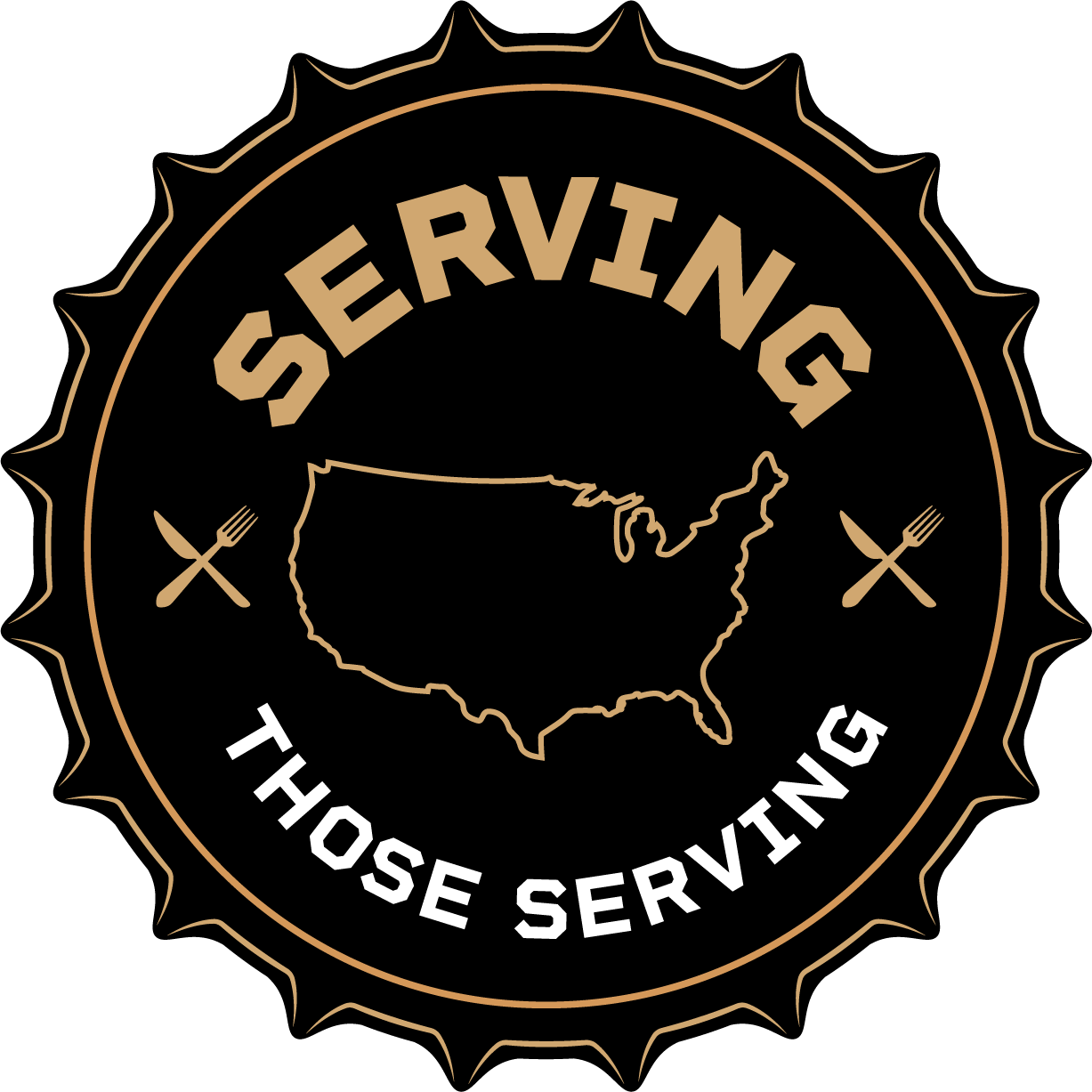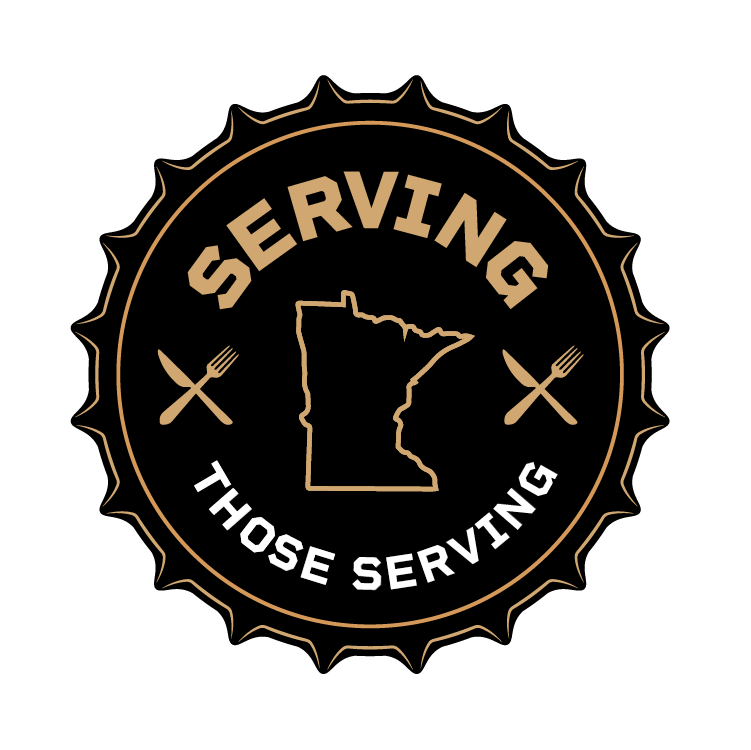Q&A with kristina lawson
Q: As Director of Operations of Black Sheep Pizza, you’ve got your pulse on the extreme stress the service industry is currently facing. What would you say your biggest challenge is right now as a company?
A: This is such a tough one. One of the biggest challenges is staying present in all the areas we need to be. All restaurants right now are faced with the obstacle of being present and in the moment with our guests, our staff and also ourselves. We have to be present in the community, present with our government officials, present with educators and colleagues and present in keeping up with ever changing current events and information. Companies have been involved in all of these areas previously but slipping in just one of these can have a much more devastating effect than ever before and all the components are requiring a much faster rate of adaptability.
Q: What do you think are the top three causes of anxiety for your staff lately?
A: There are, of course, a number of causes at this time that I am seeing and hearing from staff but ultimately the number one is fear. Fear is causing a significant amount of anxiety and stress during this time. Fear of getting COVID and fear of giving someone COVID. Financial strains are also at the top of the list. Staff members are worried about further government regulations, drop in sales volume or lack of hours and jobs. Another big cause of anxiety is the lack of feeling in control of anything and feeling as if there are no clear answers or solutions coming soon.
Q: Would you be willing to list three “insignificant” irritants (on the job) that seem gigantic at the time?
A: Something small breaks. You are out of something that is rarely used. The use of the word normal.
Q: You and I have talked extensively about mindfulness in the workplace and how important it is. What led you to being so invested in this topic?
A: A handful of years ago, I was diagnosed with generalized anxiety disorder which forced me down the ever painful road of self discovery. I visited numerous therapists. I was told medication would make it all better. I received every handout and recommendation possible on developing structure: regular sleep patterns, regular eating patterns, taking 45 minutes to meditate, step back from stressful situations, etc. Essentially every single thing I felt I couldn’t make happen working at a restaurant. That didn’t work for me and I wasn’t going to just accept that was the only way. I was convinced that I could find other healthy patterns to help cope and still stay in an industry that I loved. Since then, I have spent a great deal of time exploring and researching different methods of supporting positive mental health and wellbeing. Mental illness doesn’t have to be this all encompassing negative conversation and you don’t have to have a mental illness to create a better head space. I wanted to find a way to bring mental health to the discussion table in a way that was approachable with resources that are accessible.
Q: Your creative way of bringing small mindfulness to the workplace is unique and inspiring! Would you be willing to share a few examples of non-traditional exercises you’ve done with your staff?
A: Handing out blank thank you cards that can be given out to others. Exchanging names and drawing three things you would give someone that you think would make them happy. Taking a few seconds to write down 5 things that make you happy. We also talk often about reframing our own perspectives and viewing things from someone else’s point of view. Exploring traits of a good listener. Laugh yoga.
Q: As your final thought, what do you think is the most important factor going forward in securing the success of our beloved industry?
A: An important factor we all need to acknowledge and engage in is our individual wellbeing. We have to intentionally promote and practice self care that allows us to explore finding coping mechanisms that help serve us in a positive way. We can’t change all of the obstacles we are facing right now but we can change HOW we face them. By working to find our own strength and resilience first, we can be stronger together.

